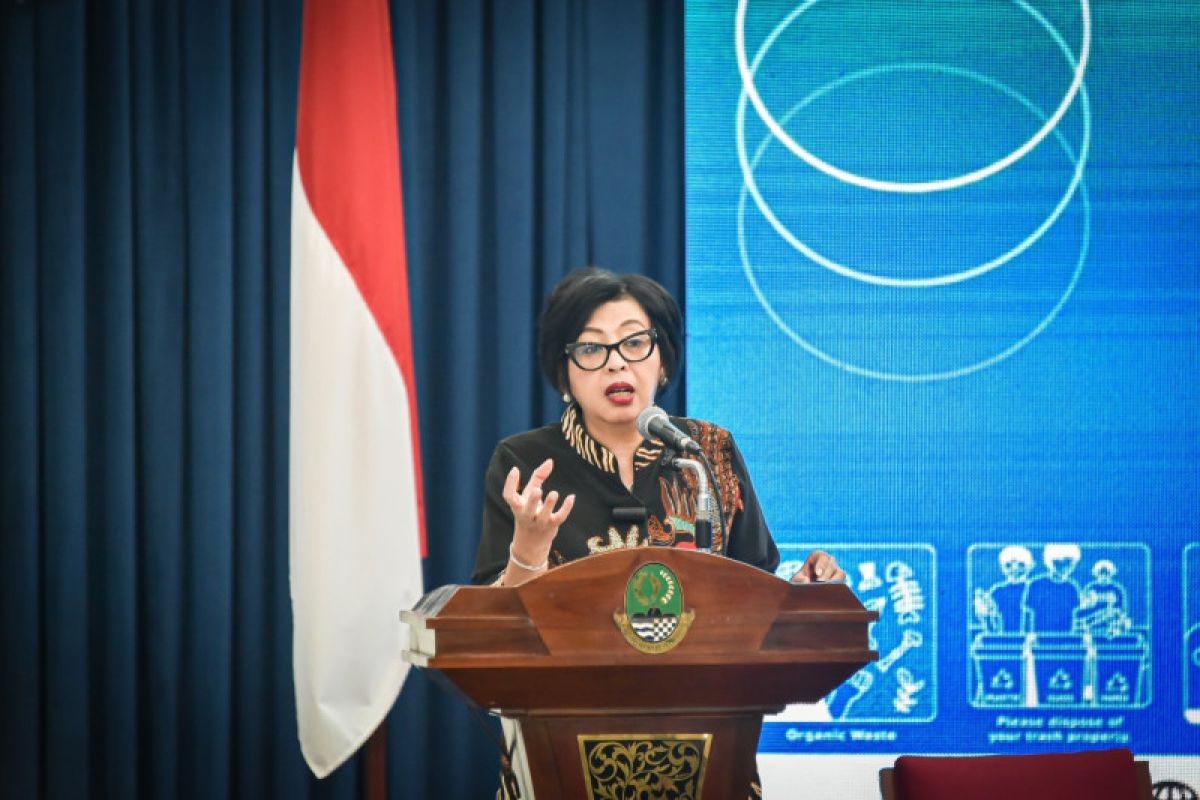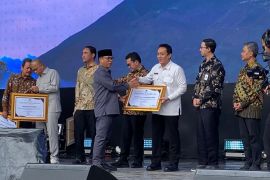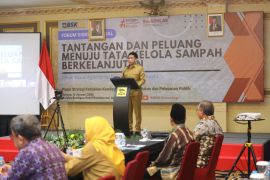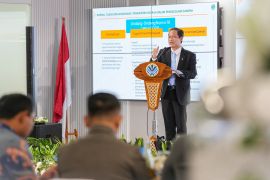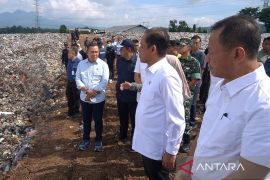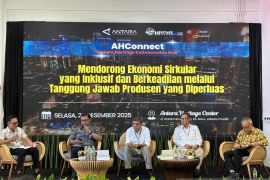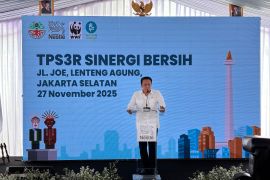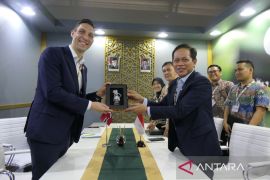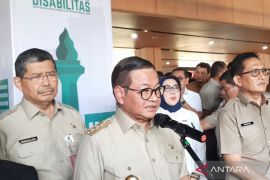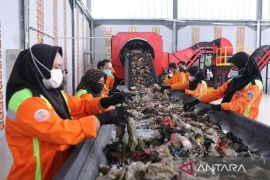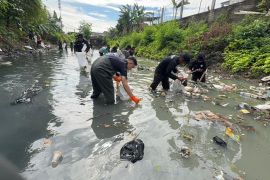"One of the government's efforts and approaches is the development of appropriate technologies in waste processing and involving the active role of all levels of society," Director General of Waste, Garbage, and Hazardous Toxic Material Management Rosa Vivien Ratnawati said in a statement here on Thursday.
She noted that conventional waste management that only focuses on final waste processing through landfill facilitation should be abandoned.
Based on data from the National Waste Management Information System (SIPSN) owned by the ministry, in 2022, some 65.83 percent of waste in Indonesia was still transported and piled in landfills.
The nation’s waste management performance stood at 66.58 percent: 18.63 percent waste reduction and 47.95 percent waste handling. Therefore, there is still 33.42 percent of waste that is not appropriately managed.
According to Ratnawati, that condition becomes the responsibility of all parties, such as the central government, regional governments, producers, private parties, and the community, to reach the goals of Clean Indonesia by 2025, in which 100 percent of waste is managed appropriately.
"The heavy burden of landfills makes waste management not optimal and has the potential to cause environmental problems, such as environmental pollution, garbage landslides, and climate change due to methane gas emissions from waste in landfills," she remarked.
Ratnawati further said that the government encourages the optimization of waste management facilities through the installations for processing waste into electrical energy, refuse-derived fuel (RDF), solid recovered fuel (SRF), and biogas, as well as waste processing through black soldier fly maggot bioconversion.
She further explained that the implementation of various technologies for environmentally-friendly waste management could reduce waste generation to landfills, and in the future, only residue will be sent to landfills.
She also stated that plastic pollution is a real threat that can affect all communities worldwide.
Most of the plastic that ends up in the oceans is from land pollution sources which require handling within a legal and institutional framework in a comprehensive waste management process.
Thus, an effective move at the national and regional levels is needed, including monitoring the life cycle of plastics.
Related news: Environment Ministry applies circular economy for waste management
Related news: East Java governor urges public to reduce use of plastic
Related news: Environment Minister calls for fight against plastic waste pollution
Translator: Sugiharto Purnama, Raka Adji
Editor: Azis Kurmala
Copyright © ANTARA 2023
